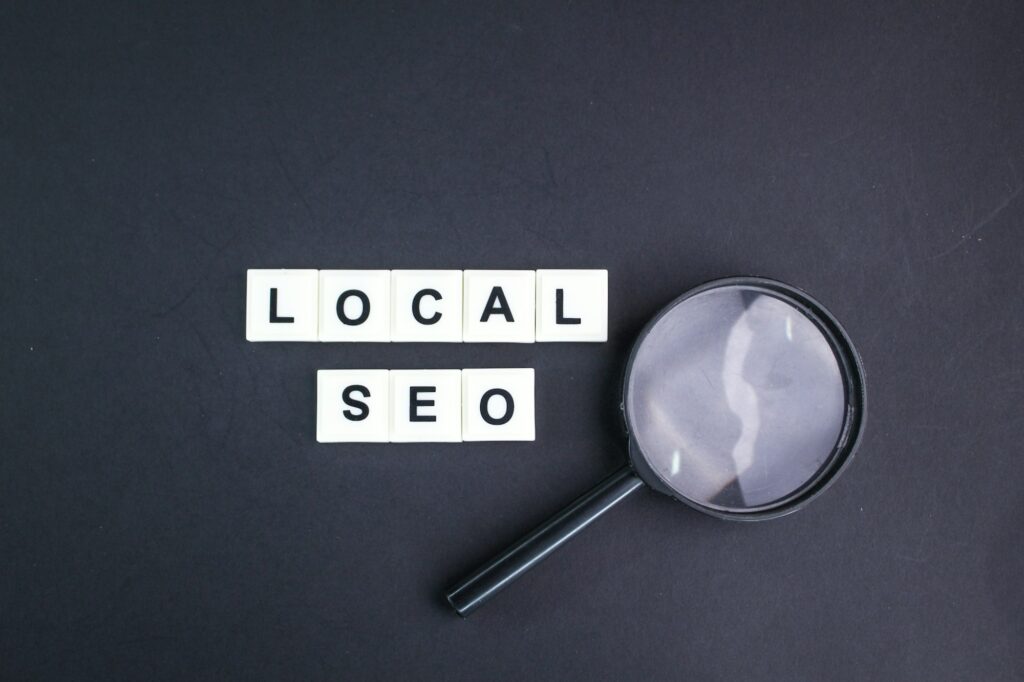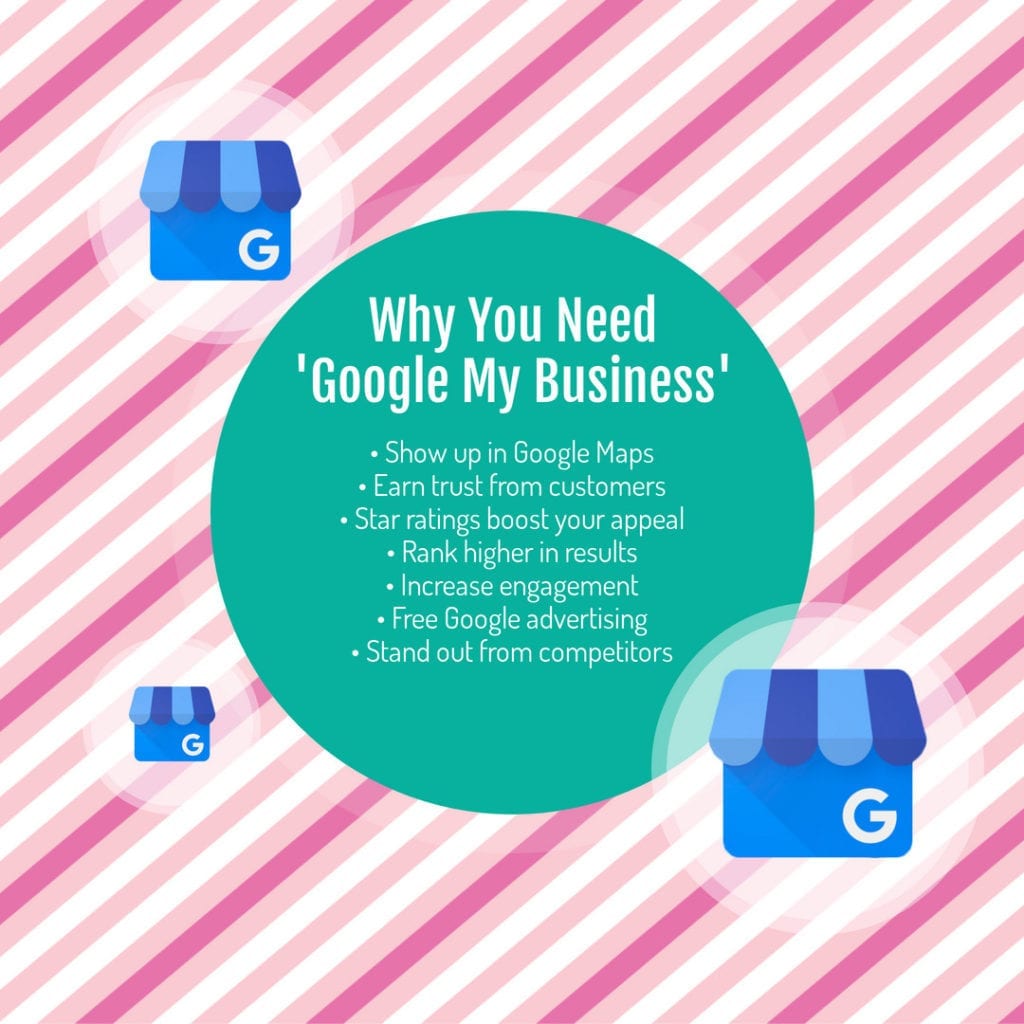Local SEO services specialize in fine-tuning a business’s online presence to enhance visibility specifically within a targeted geographic area. By strategically optimizing various aspects of a company’s digital footprint—such as its website, Google Business profile, and local directory listings—these services ensure that the business appears prominently in search engine results when potential customers in that particular region seek relevant products or services.
Through meticulous keyword research, content optimization, citation building, and other tactics tailored to the local market, local SEO services help businesses attract more foot traffic and inquiries from nearby consumers and establish a stronger connection with the community they serve. This localized SEO approach improves a business’s chances of appearing in local search results and increases its overall competitiveness within its specific geographic niche, ultimately driving more qualified leads and conversions from nearby customers.
Google shows different results when the search query has a location-specific intent.

What is the difference between Local SEO services and National SEO Services?
- Local Place Terms Vs. Broader Terms( ex. Need Plumber Vs. How to fix the Sink)
- Optimized for certain cities vs. national terms used anywhere.
- They are mainly used for selling services/products vs. eCommerce products.
Local Seo increases the visibility of small businesses with a local clientele. When you use specific key phrases, local SEO practices target people who search for products and services in their local area. You can use these strategies to increase the chances of getting found by the specific people you’re selling your products/services.
When you visit a search engine like the all-famous Google, their job is to keep delivering search results that will help you find the results you were looking for fast so that you will continue to use their platform in the future. They mainly sell ads, which is how they make money, but that is for another post.
When you enter that search term, Google needs to determine is this something the user wants close to them, or it is something found anywhere on the globe. Search for “How to fix the sink?” is different than “Where to find a plumber?”
How does Google know the difference between local SEO vs. national SEO?

The simple answer a “plumber” is distinctly a category of business compared to “How to fix the sink?” is a topic.
Google Search Checks:
- History (Sites You have Viewed)
- Previous searches
- Cookies
- IP Address(Computer or Mobile network Info)
- Public Network Connection
- GPS Data(when applicable)
Once Google has that information, it will learn what you want to search for.
Distinguishing between Local SEO Services and National SEO Services lies at the crux of optimizing your website and external sources, such as links, social media platforms, and your Google Business Profile (commonly known as Google My Business). It’s in this critical juncture that you aim to discern the nuances and strategically tailor your optimization efforts to align with your business’s geographical focus.
Local SEO Services are laser-focused on enhancing visibility within a specific geographic area, catering to businesses aiming to capture the attention of local customers. This involves meticulous optimization of various elements, including website content, metadata, and local directory listings, to ensure that your business ranks prominently in local search results. National SEO Services, on the other hand, cast a wider net, targeting a broader audience across the entire country. These services employ strategies that prioritize nationwide visibility and may involve different tactics compared to their local counterparts.
To effectively optimize for local SEO, emphasis is placed on specific keywords or phrases that signal to search engines your business’s local relevance. This entails incorporating location-specific keywords into your website content, meta descriptions, and title tags, as well as actively managing your presence on platforms like Google My Business. By strategically emphasizing these keywords and phrases, you provide clear signals to search engines about your business’s geographic focus, increasing the likelihood of appearing in relevant local search results.
Moreover, optimizing external sources, such as building authoritative local backlinks and maintaining an active presence on local social media platforms, further reinforces your business’s local identity in the eyes of search engines. These external signals contribute to establishing your business’s credibility and relevance within the local community, ultimately boosting your visibility and attracting more local customers.
In essence, the differentiation between Local SEO Services and National SEO Services underscores the importance of tailoring your optimization efforts to match your business’s geographic scope. By strategically optimizing your website and external sources with a focus on local keywords and signals, you can maximize your visibility to local customers and effectively compete in your target market.
Why optimize local SEO?
- Increased Visibility: By optimizing local SEO, businesses can ensure that they appear prominently in local search engine results pages (SERPs) when potential customers in their vicinity search for relevant products or services. This heightened visibility helps attract more local traffic to their physical locations or websites.
- Targeted Audience: Local SEO allows businesses to target their marketing efforts specifically toward consumers within their geographic area. This targeted approach ensures that marketing messages reach the most relevant audience, increasing the likelihood of converting leads into customers.
- Competitive Advantage: Optimizing local SEO provides a competitive edge with more consumers relying on search engines to find local businesses. Businesses that rank higher in local search results are more likely to attract customers than competitors with lower visibility.
- Enhanced Trust and Credibility: Positive online reviews and high local search rankings build trust and credibility with potential customers. When a business appears prominently in local search results and has a strong online presence, consumers are more likely to perceive it as reputable and trustworthy.
- Improved User Experience: Local SEO optimization ensures that business information, such as contact details and opening hours, is accurate and consistent across online platforms. This consistency enhances the user experience, making it easier for customers to find and engage with the business.
- Cost-Effectiveness: Compared to traditional forms of advertising, such as print ads or direct mail, local SEO is a cost-effective marketing strategy. It allows businesses to reach a targeted audience at a fraction of the cost, resulting in a higher return on investment (ROI).
- Mobile Search Optimization: With the increasing use of smartphones, many consumers use mobile devices to search for local businesses while on the go. Optimizing local SEO ensures that businesses appear prominently in mobile search results, capturing the attention of potential customers when they are most likely to make a purchase decision.
Your business can appear on the top of Google on the Local three-pack in your area.
It can show up on maps(Google Maps, Apple Maps, etc.) results for your business is in.
The top 4 things you need to optimize for local SEO
- Google Business Profile (Google My Business)
- Local On-Page Optimization
- Local Citations
- Reviews
What does Google Business Profile (Google My Business) do for Local SEO?

Google My Business is the head honcho of directories for local SEO, because duh, Google made it. It is the listing that every business needs to be seen on Google’s Local Search engine. Optimizing your Google listing (aka your Business Profile) is perhaps the most effective way to rank higher on Google Maps as well as gain visibility in Google Search local results. As business owners, you want to be on the top of that list, known as the ” 3 Pack.”
Having all your business information compiled together in one place is important.
Local On-Page Optimization

Location pages are a must if your business has multiple locations in an area. These pages need to provide the following, at a minimum:
- Store hours
- Name, address, and phone number
- Individualized descriptions
- Testimonials
- Promotions
- Parking availability
- Google Maps attached to each location page
Dedicated Webpage for Each Product/Service You Offer
While it can be tempting to lump all of your products or services together on one big page, resist doing so. Instead, dedicate one page to each unique product or service you offer.
our keywords should be relevant to local customers. It only makes sense, doesn’t it?
Local Citations
Online business directories are websites like Yelp, Foursquare, MapQuest, and YellowPages, to name a few.
There are many more.
Not only will getting your business name, address, and phone number into these directories help visibility, but it’ll also boost your local SEO.
Your company listing should include the following basics:
- Accurate business name, address, and phone number consistent across all directories
- A backlink to your website
- A thorough description of your business
Reviews
Encouraging your customers to share their positive experiences through glowing reviews isn’t merely about enhancing your visibility on Google My Business—it’s about fostering trust and driving more local sales to your business. According to the insightful findings from BrightLocal’s 2023 Local Consumer Review Survey, a staggering 85% of consumers place as much weight on online reviews as they do on personal recommendations. This means that cultivating a repository of positive feedback boosts your online presence and acts as a powerful endorsement, influencing potential customers in your community to choose your products or services confidently. By actively soliciting and showcasing these testimonials, you’re not just amplifying your brand’s credibility but also laying down a compelling path for local consumers to engage with and invest in your offerings.
Here are some tips to encourage customers to leave reviews:
- Ask for a review in person after the close of a sale
- Send a post-purchase email or text asking customers to write a review (but only after you’ve screened them via an internal survey to ensure you’re not approaching dissatisfied customers)
- Respond to existing reviews professionally, thanking reviewers and addressing complaints in not-so-favorable reviews.





